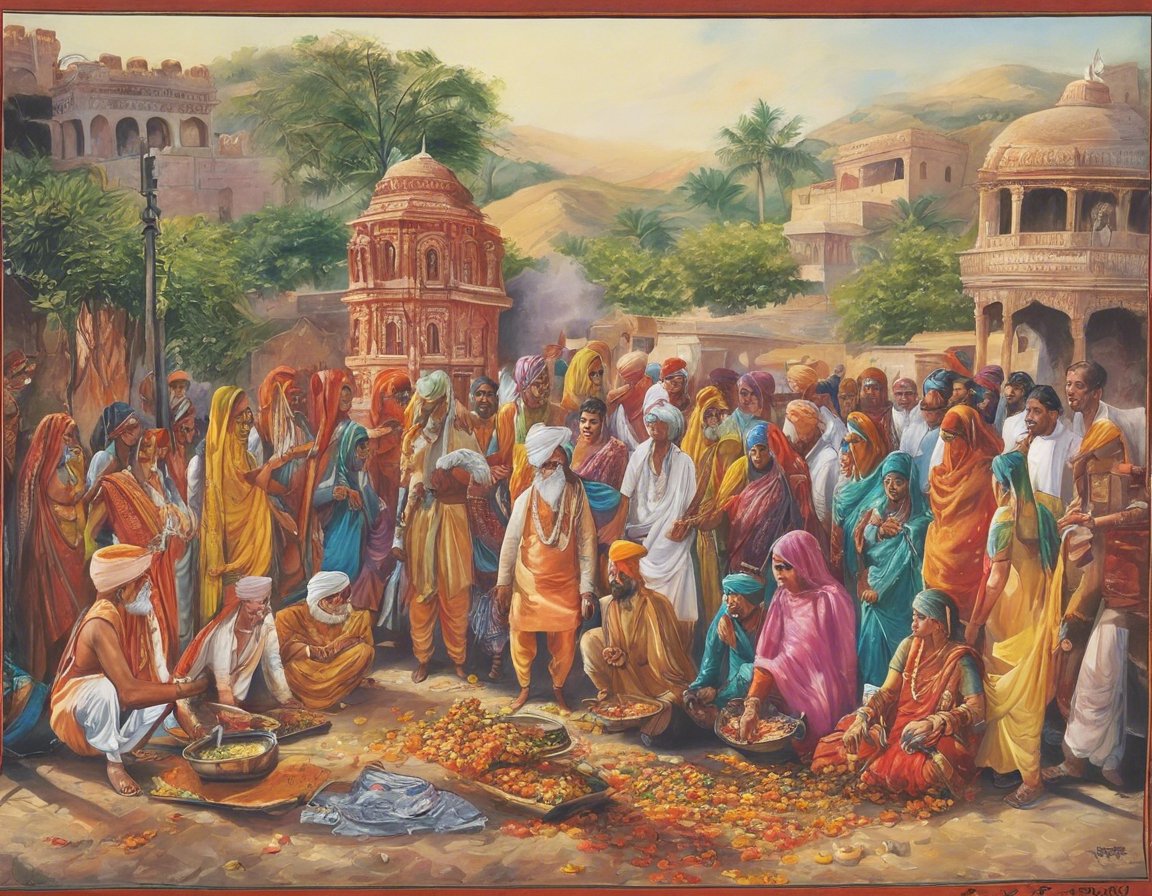The month of Sawan is considered very auspicious in the Hindu calendar, especially among devotees of Lord Shiva. The first Monday of the month, known as “Sawan Ka Pehla Somwar,” holds special significance and is celebrated with great fervor and devotion by millions of believers. In this article, we will delve into the significance of Sawan, the importance of the first Monday, and the various rituals and customs observed during this auspicious time.
Significance of Sawan:
Sawan, also known as Shravan, is the fifth month of the Hindu calendar and is dedicated to Lord Shiva. It is believed that during this month, the cosmic alignment is such that the gates to the spiritual realm are wide open, and prayers and penance yield manifold benefits. Devotees observe various forms of fasting, prayer, and meditation during this time to seek the blessings of Lord Shiva.
Importance of Sawan Ka Pehla Somwar:
The first Monday of the month of Sawan is considered highly auspicious and holds a special place in the hearts of Shiva devotees. It is believed that worshiping Lord Shiva on this day with utmost devotion can fulfill desires, grant boons, and wash away sins. The significance of this day lies in its association with purification, renewal, and spiritual growth.
Rituals and Customs:
-
Fasting: Devotees observe fasting on Mondays during the month of Sawan. Many people consume only milk, fruits, or light vegetarian meals during this time.
-
Visiting Shiva temples: Devotees flock to Shiva temples to offer prayers, milk, water, and bilva leaves to the Shivling. The chanting of “Om Namah Shivaya” reverberates in the air, creating a serene and spiritual atmosphere.
-
Abhishek: The ritual bath or abhishek of the Shivling with water, milk, honey, and curd is considered highly auspicious on Sawan Ka Pehla Somwar.
-
Wearing Rudraksha: Wearing Rudraksha beads, especially on Mondays during Sawan, is believed to bring peace, protection, and prosperity.
-
Chanting Mantras: Reciting Shiva mantras and prayers such as the “Shiva Chalisa” or “Maha Mrityunjaya Mantra” is a common practice during the month of Sawan.
-
Charity and Seva: Donating to the poor, feeding the hungry, and helping those in need are considered virtuous acts during Sawan.
-
Avoiding Non-Vegetarian Food: Many devotees adhere to a strict vegetarian diet during the entire month of Sawan as a mark of respect for Lord Shiva.
FAQs about Sawan Ka Pehla Somwar:
-
Q: Can anyone observe fast on Sawan Ka Pehla Somwar?
A: Yes, anyone who believes in Lord Shiva can observe fast on the first Monday of Sawan. -
Q: What are the benefits of fasting during Sawan?
A: Fasting is believed to purify the mind, body, and soul and helps in seeking the blessings of Lord Shiva. -
Q: Can women observe fast during Sawan, including the first Monday?
A: Yes, women can observe fast during Sawan, including Sawan Ka Pehla Somwar, with devotion and dedication. -
Q: Are there any specific prayers to be offered on Sawan Ka Pehla Somwar?
A: Chanting the “Om Namah Shivaya” mantra and reciting Shiva Stotras are considered auspicious on this day. -
Q: Is it necessary to visit a Shiva temple on Sawan Ka Pehla Somwar?
A: While visiting a Shiva temple is recommended, one can also worship at home with sincerity and devotion.
Sawan Ka Pehla Somwar is a time of introspection, devotion, and seeking the blessings of Lord Shiva. By observing the rituals and customs associated with this auspicious day, devotees aim to cleanse their souls, renew their spirits, and deepen their connection with the divine.
